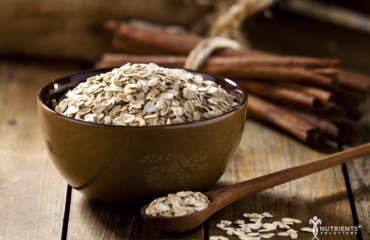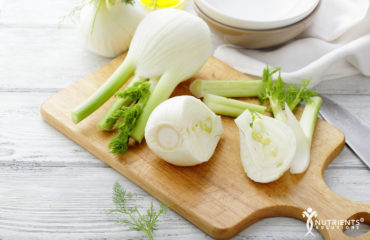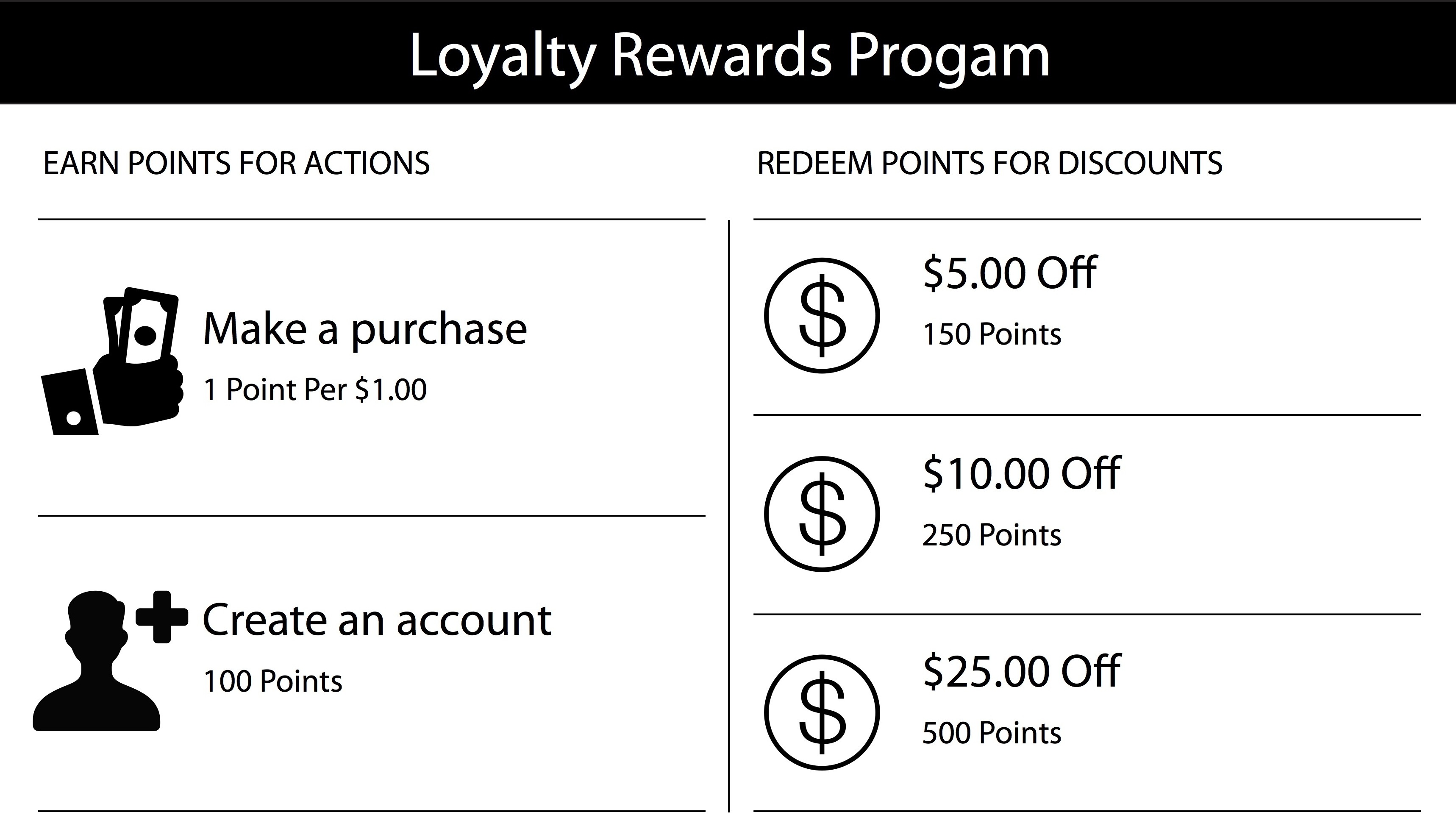Wellness Demystified: We Can Help You Discover Optimum Health
10 Amazing Benefits of Astaxanthin: the #1 Antioxidant Under the Sea

Astaxanthin is a fat-soluble antioxidant extracted from marine algae. It’s what gives salmon meat its pink color, and it’s found in other kinds of seafood as well, such as rainbow trout, krill, shrimp and lobster. However, you can also get astaxanthin from certain types of ocean-sourced algae, including chlorella, which is often used as a source of astaxanthin in supplements.
Astaxanthin is highly regarded for being a powerful antioxidant, which means it protects the body from oxidative stress caused by free radicals [1]. In fact, its antioxidant potency is 6,000 times stronger than that of vitamin C, 40 times stronger than beta-carotene and 20 times stronger than coenzyme Q10, which are all considered powerful antioxidants [2]. Studies have revealed several other benefits of astaxanthin, which you can obtain from astaxanthin supplements, krill oil, chlorella or seafood.
1. May Help Fight Cancer
Astaxanthin has multiple anticancer properties and has been shown in test tube studies to help inhibit cancer cell growth and induce cell death in cancer and tumor cells [3]. In animal studies, astaxanthin is shown to help reduce mammary tumor size, suppress the growth of liver cancer, reduce the risk of skin cancer and help lower the risk of chemically-induced cancer of the bladder, mouth, and colon. Its anticancer effects work through its antioxidant action, immune-boosting properties and ability to help regulate gene expression [4].
2. May Help Prevent Heart Disease
Astaxanthin helps protect your heart through its ability to reduce oxidative stress, inflammation, and plaque in the arteries, which are all factors at the root of heart disease. In a review of 8 human studies involving 180 people, researchers concluded that astaxanthin supplementations helped lower oxidative stress and inflammation [5]. Another review of several studies indicated that astaxanthin can help prevent atherosclerosis, or “hardening of the arteries,” by inhibiting the buildup of calcified plaque, fat and cholesterol in your arteries [6].
3. Helps Protect Eye Health as You Age
Eye health tends to deteriorate with age, due to oxidative stress and other degenerative factors, which put you at risk of age-related macular degeneration, cataracts, glaucoma and other eye conditions. These conditions lower the quality of your vision and can even cause vision loss. However, astaxanthin shows promise as a compound that can help prevent these diseases and preserve your vision over time. One study on animals found that astaxanthin supplementation helped prevent oxidative stress in retinal cells [7]. In a human study on 48 people with eye strain, astaxanthin supplementation effectively helped reduce eye strain and fatigue [8].
4. Helps Protect Against Neurodegenerative Diseases
Neurodegenerative diseases like Alzheimer’s and Parkinson’s are also correlated with age because oxidative stress tends to increase as you get older. By neutralizing free radicals through its antioxidant action, astaxanthin helps protect the brain. Mounting research points to astaxanthin’s ability to preserve brain function, including memory [9]. Besides reducing oxidative stress, it also helps prevent neurodegenerative diseases by preventing inflammation in the brain–another known factor that contributes to the progression of Alzheimer’s, Parkinson’s disease and dementia [10].
5. Prevents Stomach Ulcers
Stomach ulcers, also called gastric ulcers, are painful sores in the lining of your stomach that are caused by bacterial infection or by long-term use of nonsteroidal anti-inflammatory drugs like ibuprofen. A study on rats with stomach ulcers found that astaxanthin worked better to help protect the stomach lining from ulcer formation than omeprazole, a common drug used for gastric ulcer patients [11].
6. Supports Exercise Performance
Astaxanthin is used to help boost energy levels during workouts, speed up recovery time and prevent injuries. In one study, mice that were fed astaxanthin were able to swim longer than the control group. They also had less lactic acid buildup, which leads to reduced muscle soreness and faster recovery [12]. Meanwhile, a human study found that astaxanthin supplementation increased cycling time in 21 competitive cyclists [13]. Astaxanthin is also shown to help reduce oxidative damage from exercise, which helps prevent muscle, joint and bone injuries, especially when taken regularly [14].
7. Helps Increase Male Fertility
Male infertility affects many couples worldwide, but research shows astaxanthin can help boost male fertility and improve the health of sperm. A study published in the Asian Journal of Andrology found that astaxanthin improved sperm motility and increased its ability to fertilize eggs. The study showed that men who took astaxanthin supplements had higher rates of pregnancy in comparison to a placebo group [15].
8. Helps with Carpal Tunnel Syndrome
Astaxanthin has powerful anti-inflammatory properties, which makes it helpful in treating carpal tunnel syndrome and other inflammatory conditions. In a study on 63 patients with chronic carpal tunnel syndrome, astaxanthin supplementation was shown to be a helpful adjunctive therapy to regular treatment [16].
9. Prevents Chronic Diseases
Astaxanthin helps prevent several diseases that are caused by chronic inflammation and oxidative stress, such as diabetes, heart disease, rheumatoid arthritis and more. It helps prevent disease by boosting the immune system’s response to threats and is shown to reduce bacterial load in the body. Additionally, astaxanthin helps lower your risk of disease by protecting DNA from damage [17].
10. Helps Treat Osteoarthritis
People with osteoarthritis can benefit from taking astaxanthin supplements, as it’s shown to help reduce cartilage degradation–the degeneration of joints that occurs in the case of osteoarthritis. It works by inhibiting the gene expression of matrix metalloproteinases (MMPs), which are enzymes responsible for breaking down tissue [18].
Astaxanthin Supplementation Tips and Safety Concerns
While astaxanthin is a naturally-occurring nutrient found in foods, supplementing with astaxanthin may be hazardous in some cases. Some people may be allergic or sensitive to astaxanthin, so you should discontinue using it if you have any adverse reaction. Other people who should avoid astaxanthin are those with autoimmune diseases, low blood pressure, osteoporosis and issues with their parathyroid glands [1].
Because astaxanthin is fat-soluble, it assimilates better when consumed along with fat sources, like oils, butter, avocados or cheese. It’s found naturally in krill oil, which is an excellent source of omega-3 fatty acids. Some krill oil supplements list the amount of astaxanthin they contain and can be used as astaxanthin supplements. Otherwise, you can find astaxanthin supplements that have isolated the compound. You can help boost your intake of astaxanthin from food sources, but because few foods contain it, it’s wise to get a supplement to reap the benefits of this amazing nutrient.


© 2019 Nutrients Solutions, LLC. All rights reserved. Disclaimer: The information provided is for educational purposes only and does not constitute medical advice. Always seek the advice of your physician or qualified healthcare provider with any questions or concerns about your health. Check with your doctor before beginning any exercise program. Never disregard or delay seeking medical advice because of something you have heard or read in this article or the internet.












